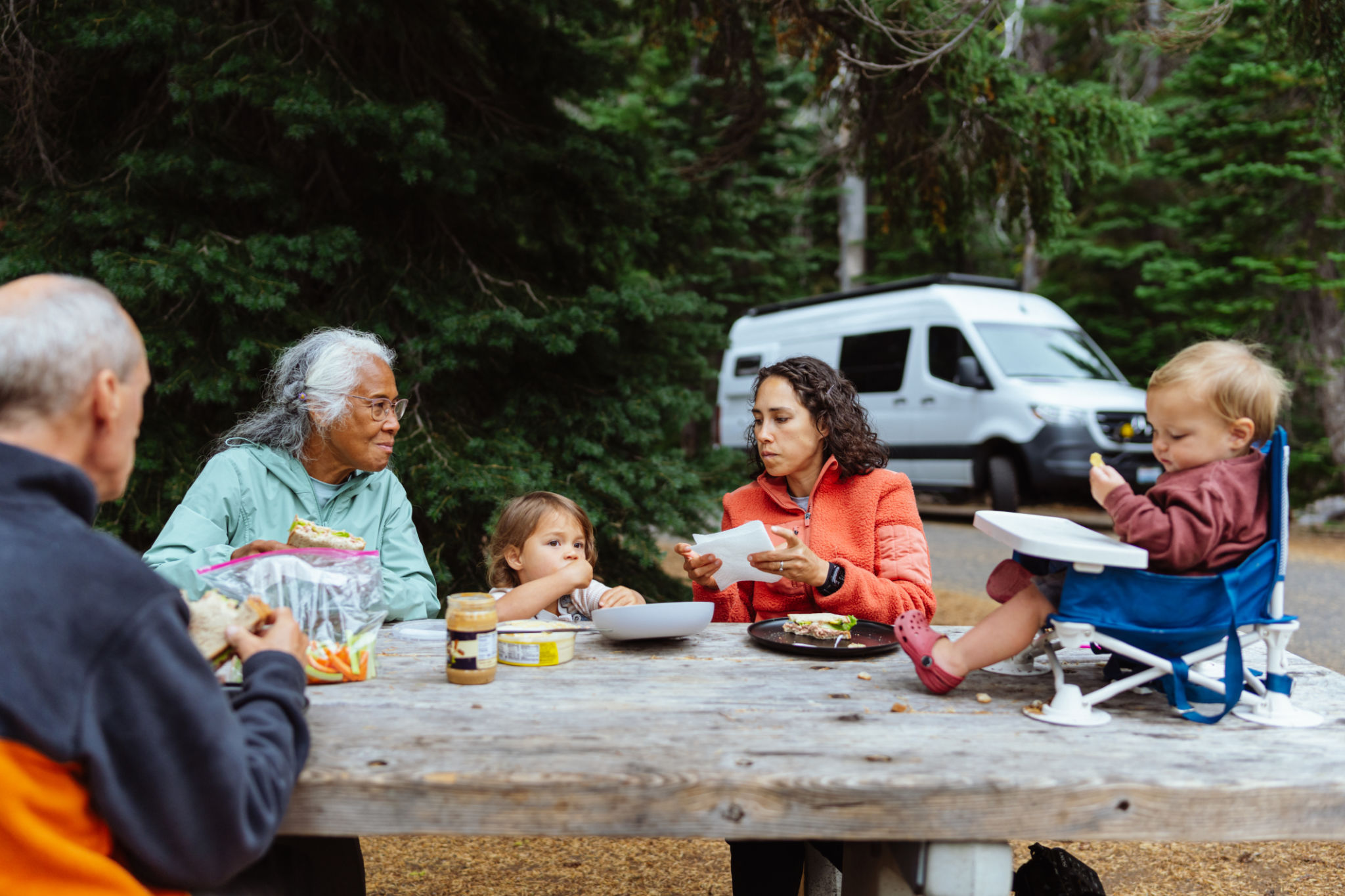Preparing for Seasonal Changes: How In-Home Senior Care Adapts in Long Beach
Understanding Seasonal Changes in Long Beach
Long Beach, with its mild Mediterranean climate, experiences distinct seasonal changes that can impact the well-being of seniors. While the city boasts pleasant weather for most of the year, each season brings unique challenges and opportunities for those receiving in-home senior care. Understanding these changes is essential for providing the best support and ensuring comfort throughout the year.
As temperatures fluctuate and daylight hours shift, seniors may find their routines and health needs evolving. Caregivers in Long Beach must stay attuned to these changes to provide optimal care. From adjusting daily activities to ensuring a safe home environment, adapting to the seasons is crucial for maintaining seniors' quality of life.

Adapting Daily Routines
With each season comes a need to adjust daily routines for seniors. For example, during the cooler winter months, it's important to encourage indoor activities that keep seniors engaged and active, such as light exercises or hobbies like knitting and reading. Conversely, in the warmer summer months, outdoor activities can be more frequent, but precautions must be taken to prevent overheating and dehydration.
Caregivers should also consider the timing of activities. In winter, shorter daylight hours may require shifting activities to earlier in the day to take advantage of natural light. Meanwhile, during the longer summer days, caregivers can plan more outdoor activities in the cooler morning or evening hours to avoid the midday sun.

Ensuring a Safe Home Environment
The changing seasons can pose various safety concerns within the home. In winter, ensuring that heating systems are functioning properly and that there are no drafts is crucial for maintaining a comfortable indoor temperature. Additionally, slippery surfaces from rain or dew can be hazardous; thus, ensuring that walkways are clear and safe is essential.
During summer, it's important to keep homes cool and well-ventilated. Caregivers should check that air conditioning units are working efficiently and that fans are available if needed. Hydration stations can be set up throughout the house to remind seniors to drink water regularly.

Nutritional Adjustments
Seasonal changes can also impact dietary needs and preferences. In winter, seniors may crave heartier meals that provide warmth and comfort. Caregivers should focus on preparing nutritious soups and stews rich in vegetables and protein to support immune health.
In contrast, summer calls for lighter meals that help maintain hydration and energy levels. Fresh salads, fruits, and smoothies can be incorporated into the diet to provide essential nutrients while keeping meals refreshing and easy on the stomach.

Monitoring Health and Well-being
Regular health monitoring is vital throughout the year, but seasonal changes can necessitate increased vigilance. For instance, in winter, seniors may be more susceptible to colds and flu, making it essential for caregivers to ensure vaccines are up-to-date and that seniors have access to medical care as needed.
Summer brings its own set of challenges, such as heat-related illnesses. Caregivers should watch for signs of overheating or dehydration and ensure seniors are protected from prolonged sun exposure.
Leveraging Community Resources
Long Beach offers a wealth of resources for senior care that can be particularly useful during seasonal transitions. Community centers often have programs tailored to seniors' needs, offering everything from exercise classes to social gatherings, which can help maintain a sense of community and support year-round.
In-home care services can also provide additional assistance with tasks such as grocery shopping or transportation, ensuring seniors have access to all they need regardless of the season.

Communication with Family Members
Open communication with family members is crucial when adapting senior care for seasonal changes. Regular updates on health status, activity plans, and any adjustments in care routines can keep families informed and involved in their loved one's care.
Encouraging family visits or virtual check-ins can also provide emotional support and strengthen bonds, contributing positively to the senior’s overall well-being.
Conclusion
Adapting to seasonal changes is a key component of effective in-home senior care in Long Beach. By adjusting routines, ensuring safety, monitoring health, and utilizing community resources, caregivers can provide comprehensive support that enhances the quality of life for seniors throughout the year.
Through thoughtful planning and proactive care strategies, caregivers ensure that seniors remain comfortable, safe, and engaged regardless of the season's demands.